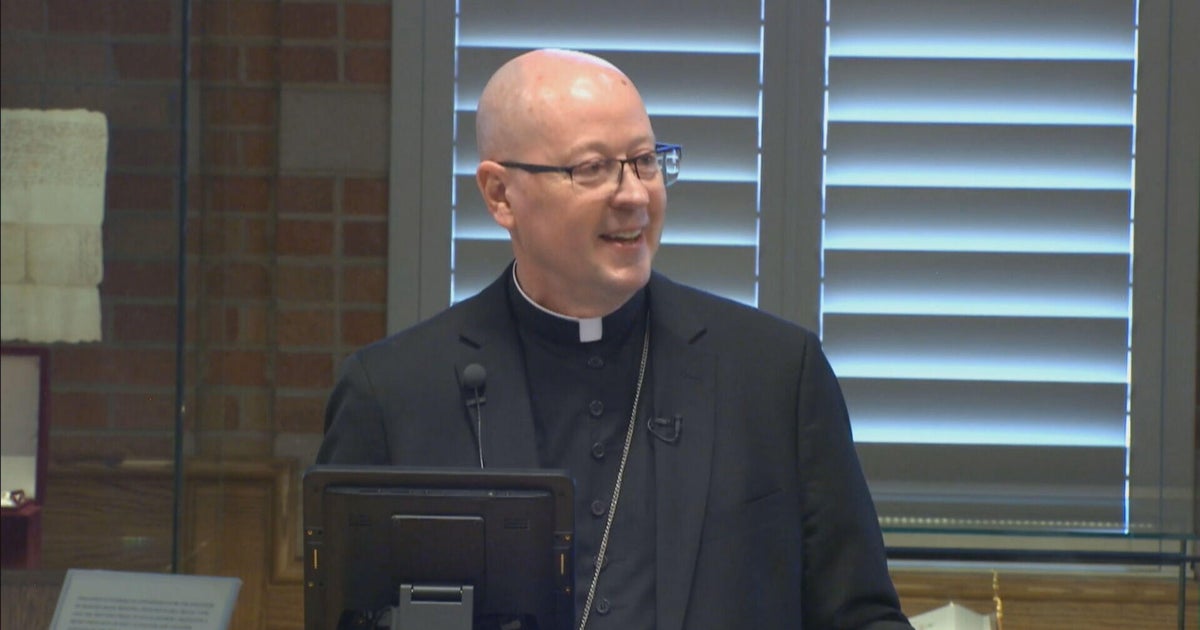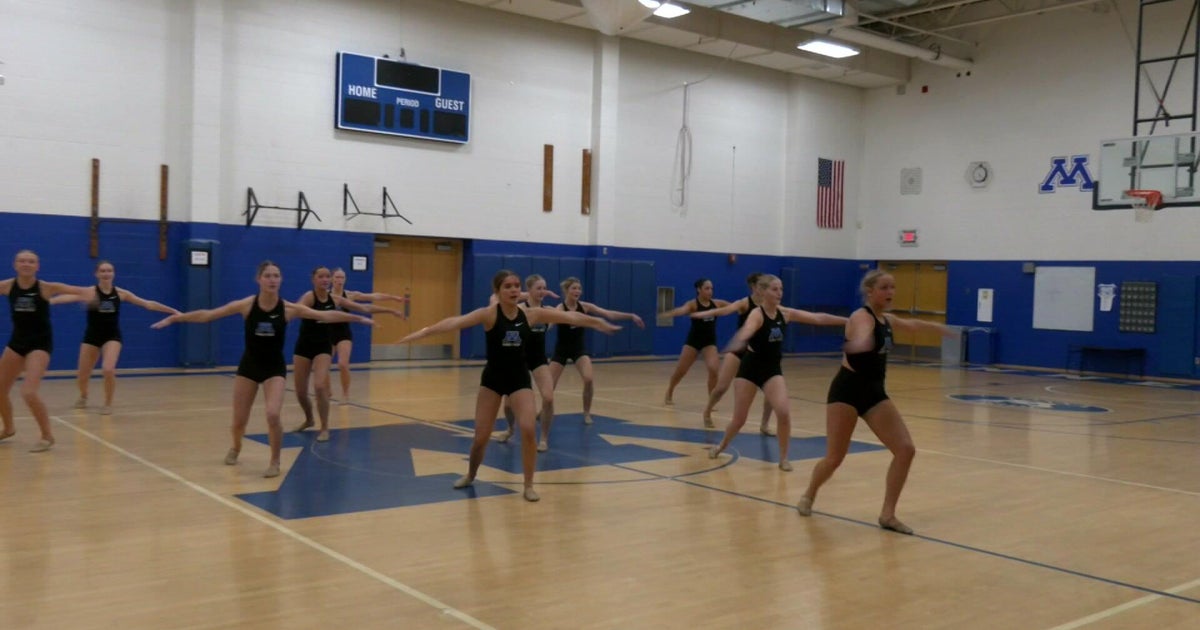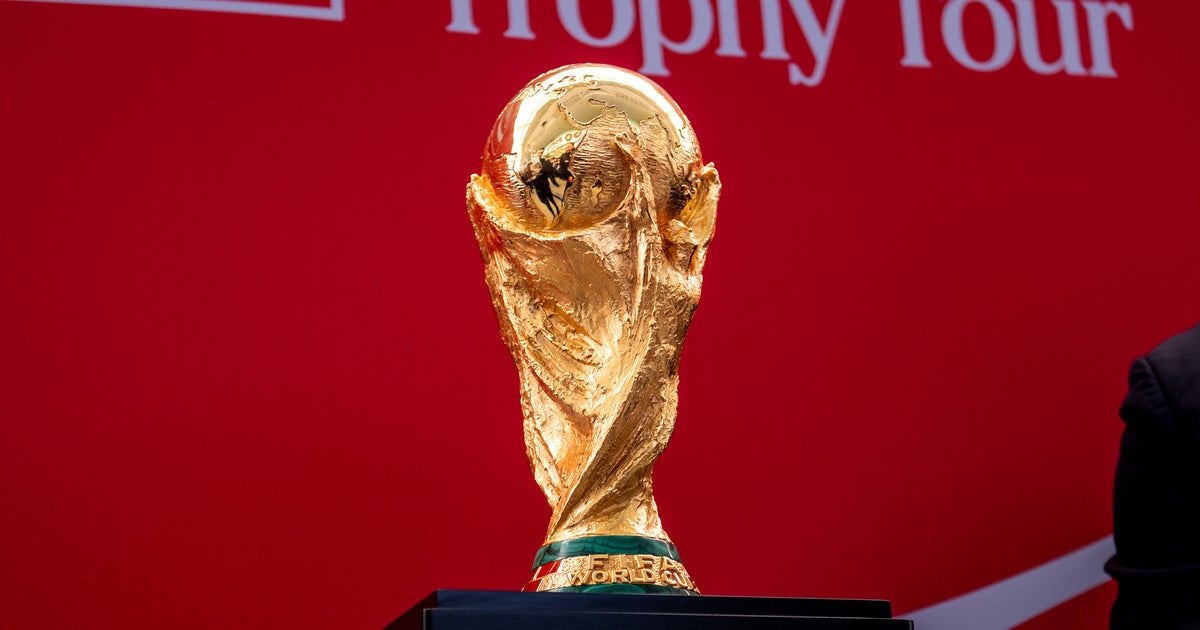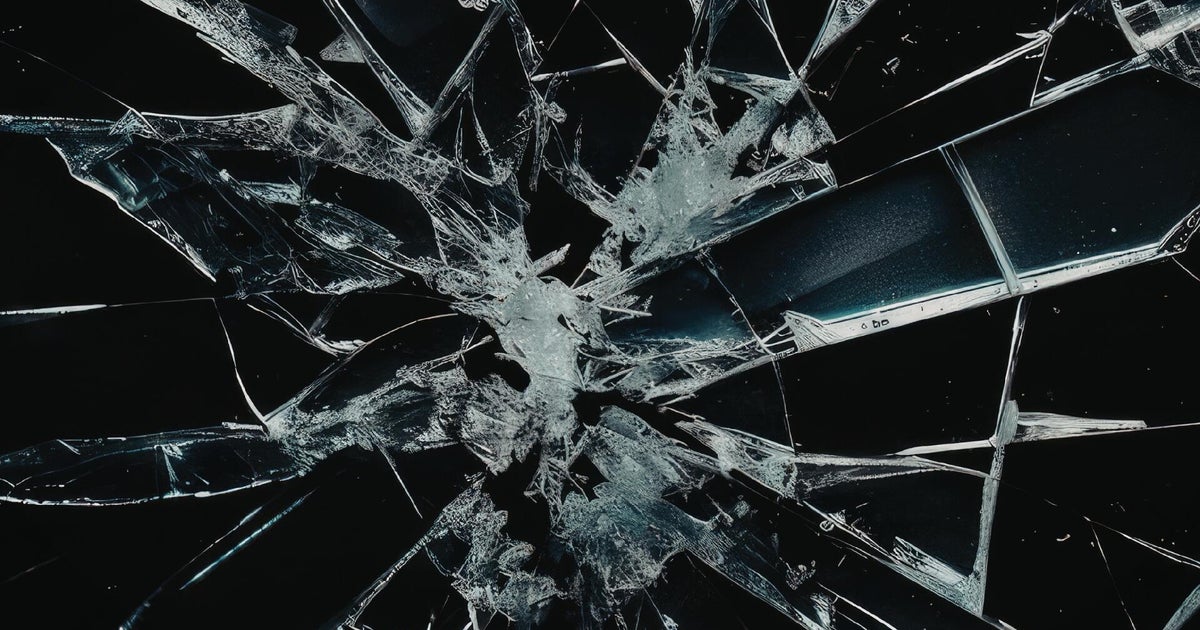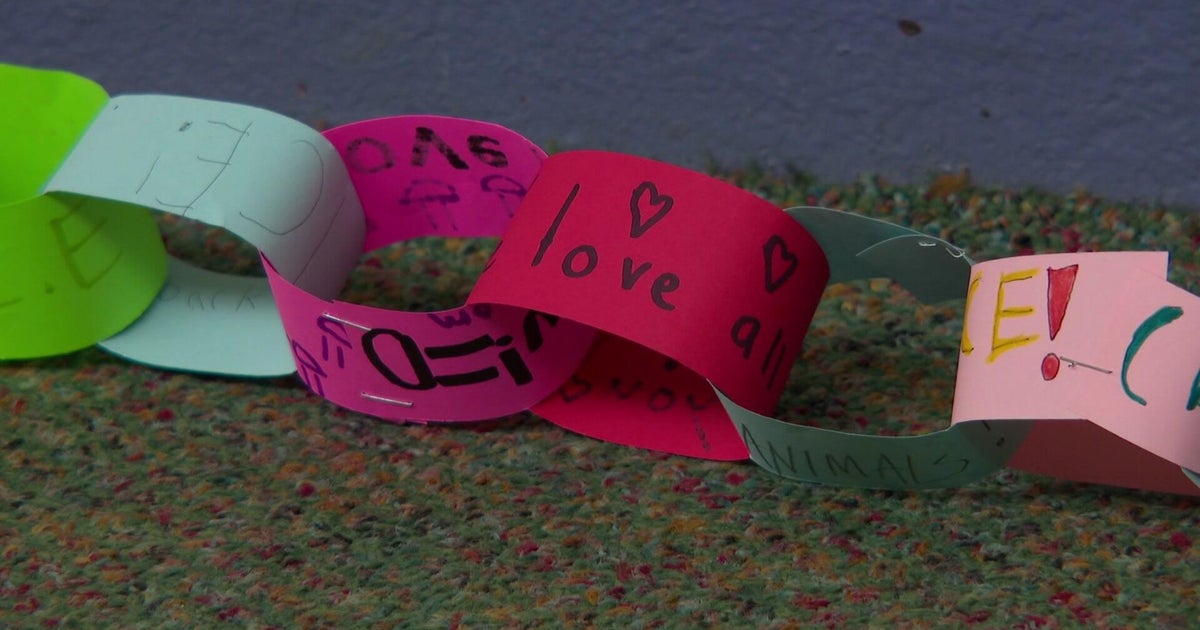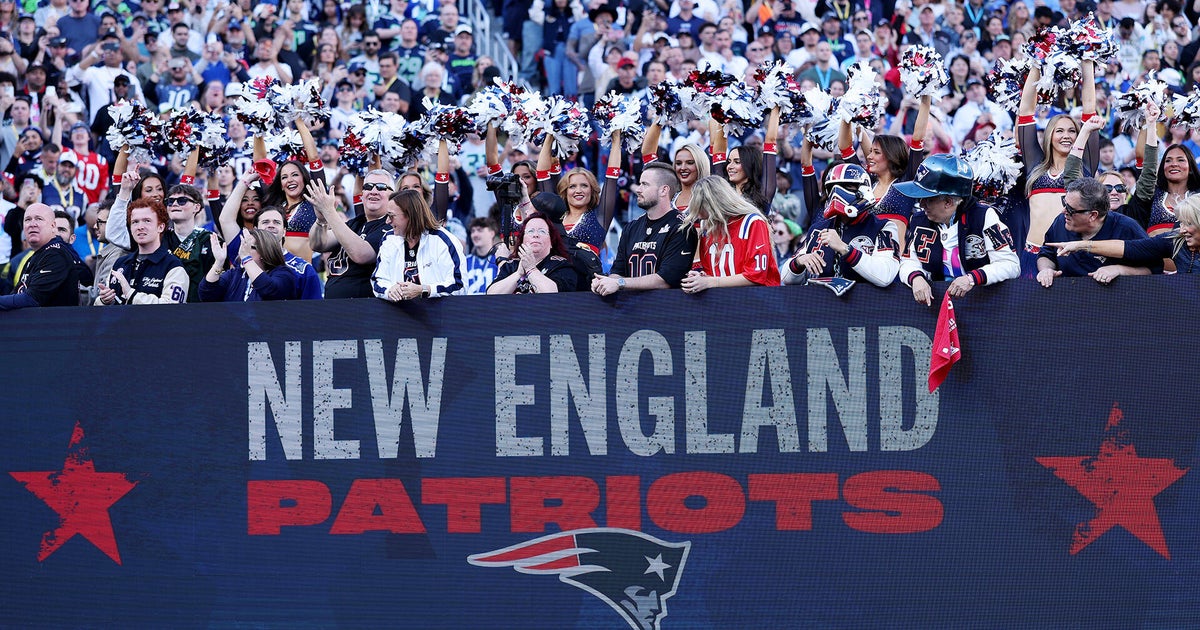Tiger Woods Avoids Disqualification, Assessed 2-Stroke Penalty Instead
AUGUSTA, Ga. (AP) Tiger Woods dropped two strokes at the Masters before he even hit a shot Saturday. At least he's still in the tournament.
Woods got a reprieve at the Masters when he was given a two-shot penalty for a bad drop but avoided a more serious sanction — disqualification.
"I took a drop that I thought was correct and in accordance with the rules," Woods said on Twitter. "I understand and accept the penalty and respect the committee's decision."
Still, the ruling stirred up plenty of debate on social media, with some fellow golfers claiming Woods got special treatment — especially coming one day after 14-year-old Guan Tianlang was penalized a stroke for slow play, which nearly caused him to miss the cut.
"I think (Woods) should WD (withdraw). He took a drop to gain an advantage," David Duval, once Woods' top rival, wrote on Twitter.
"I guess Tiger is BIGGER than golf. Any other person in the world gets DQ'd. Gotta keep those TV ratings going right?" tweeted Kyle Thompson, who plays on a lower-level tour.
Hunter Mahan, who missed the Masters cut, praised the decision.
"I like this ruling because he took an illegal drop but no official brought it to his attention," Mahan tweeted.
Beyond the dispute, the penalty made it harder for Woods to win his fifth green jacket. Instead of starting Saturday's third round three strokes off the lead, he faced a five-shot deficit.
Jason Day was the leader at 6-under 138, one stroke ahead of Fred Couples and Marc Leishman. Seventeen players were within four strokes of the lead on what already figured to be a wild weekend, even before the stunning decision over Woods' drop during the second round at the par-5 15th hole.
The problem began after Woods' third shot hit the flag stick and ricocheted back into the water. He took his penalty drop two yards behind where he hit the original shot, which was a rules violation.
After a call from a television viewer, Augusta National reviewed the drop before Woods signed his card and found nothing wrong. Woods later said he was trying to drop it behind the original spot. His interview prompted the club to review it again and Woods was given a two-shot penalty. That put him at 1-over 73 instead of 71 for a 143 total.
Signing an incorrect scorecard generally results in disqualification, but Woods was saved by a new rule — announced at the Masters two years ago — that allows a player to stay in the tournament if a rules dispute was based on television evidence.
Fred Ridley, chairman of the competition committees, said there was never any talk of booting Woods from the tournament because the club had initially cleared him of wrongdoing before he signed his card. Essentially, Augusta National took the blame.
Ridley also disputed any notion that the ruling would have been different for a lesser player.
"I can't really control what the perception might or might not be," Ridley said. "All I can say is that unequivocally this tournament is about integrity. Our founder, Bobby Jones, was about integrity, and if this had been John Smith from wherever, he would have gotten the same ruling because it is the right ruling under these circumstances."
The decision grabbed more attention than any shot so far at this Masters. Woods not only is the No. 1 player and golf's biggest star, he had won two straight tournaments coming into the Masters. He was the overwhelming favorite to win, ending a five-year drought in the majors, and capture the green jacket for the first time since 2005. With 14 major titles, he trails only Jack Nicklaus with 18.
Golf is the only sport where TV viewers act as rules officials. If they see a violation and it turns out to be true, a player must be penalized.
Woods, however, indicted himself by explaining how he took the drop.
"I went back to where I played it from, but went two yards further back and I tried to take two yards off the shot of what I felt I hit," Woods said Friday after he signed for a 71. "And that should land me short of the flag and not have it either hit the flag or skip over the back. I felt that was going to be the right decision to take off four (yards) right there. And I did. It worked out perfectly."
He hit that fifth shot to about 4 feet and made the putt for bogey.
Rules 26-1 says that if a player chooses to go back to his original spot, the ball should be dropped as "nearly as possible" to the spot where it was last played. Photos and video shows his ball dropped at least a yard behind his previous divot.
Rule 33 states that disqualification can be waived at the committee's discretion. However, a decision that accompanies this rule says that the committee would not be justified to waive the DQ if it was a result of the player's ignorance of the rules or if he could have reasonably discovered his mistake before signing his scorecard.
After walking off the course Friday, Woods complained that he actually played much better than his score indicated.
Little did he know his score would get even worse.
Day, a runner-up at the Masters two years ago, can be one of the most exciting players in golf when his game is on, and he was firing at flags from everywhere Friday. Even from the pine straw under the trees on the dangerous 11th, the Aussie took dead aim at the pin and set up a rare birdie to join the leaders.
His only blunder was hitting into the water short of the 12th, though he still managed to escape with bogey, and then he fired a 4-wood low enough to stay below the trees and avoid the wind on the 13th, setting up a two-putt birdie.
"My favorite tournament of the year," Day said. "I love this place."
He was cognizant of the guys behind him, though just as much burden comes from trying to be the first Australian in a green jacket.
"Obviously, there's a lot of pressure on my shoulders, being from Australia and no Australian has ever won the event," Day said. "They have been very, very close, but I've just got to try to get that out of my mind and just plug away."
Couples, who shared the 36-hole lead last year at the Masters, birdied the 18th hole for a 71 and will play in the final group with Day on Saturday.
Tied with unheralded Marc Leishman at 139, the 53-year-old Couples was asked what he might do if he becomes golf's oldest major champion?
"I'm going to quit when I win this thing," he quipped. "It's probably not ever going to happen, but I'm going to retire."
Former Masters champion Angel Cabrera birdied five of his last six holes for a 69 and was in the group two shots behind, along with former U.S. Open champion Jim Furyk (71) and Brandt Snedeker (70). There were five players at 141, including Adam Scott (72), Lee Westwood (71) and Justin Rose (71).
Still in the mix was Rory McIlroy, who turned his fortunes around with a 5-wood from about 275 yards that set up a short eagle putt. He added three more birdies on the back nine and had a 70, leaving him only four shots out of the lead going into the weekend.
On a sunny Saturday, with the wind settling after blustery second round, the course appeared ripe for lower scores. Tim Clark made the biggest charge among those with early tee times, playing the first 13 holes at 6 under to pull within two strokes of the lead.
Matt Kuchar made back-to-back birdies to get to 3 under.
But three-time champion Phil Mickelson wasn't a factor. Two straight double-bogeys in Amen Corner effectively ended Lefty's remote hopes of making a charge from nine strokes behind at the beginning of the round.
Copyright 2013 by STATS LLC and The Associated Press. Any commercial use or distribution without the express written consent of STATS LLC and The Associated Press is strictly prohibited.
